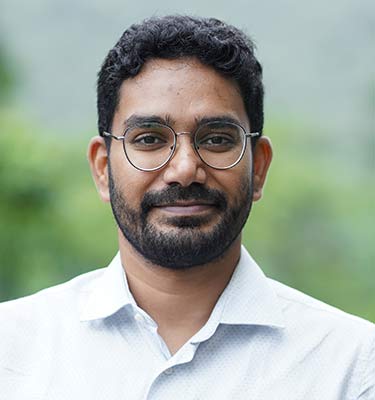

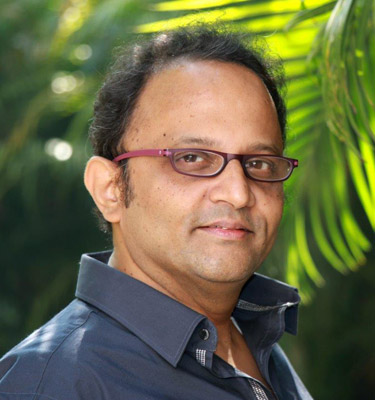
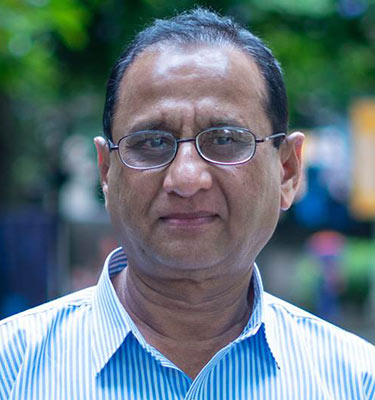
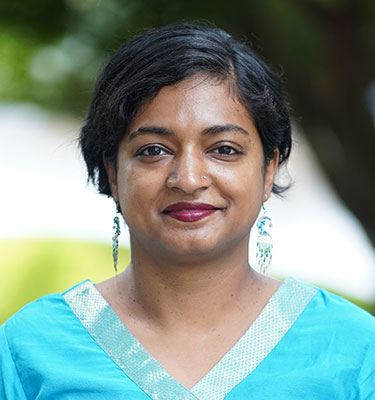
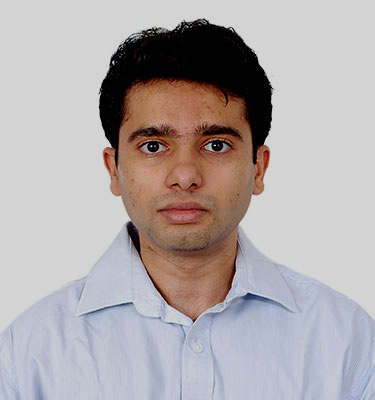
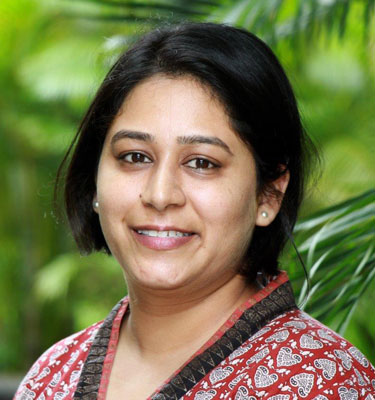
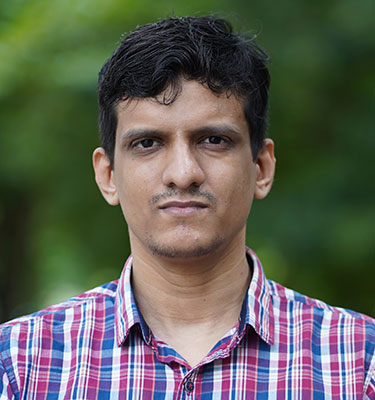
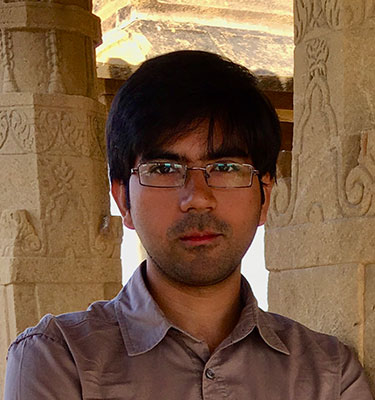
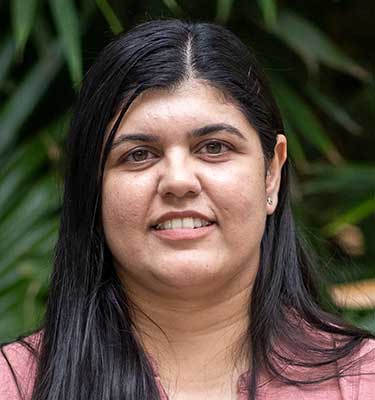
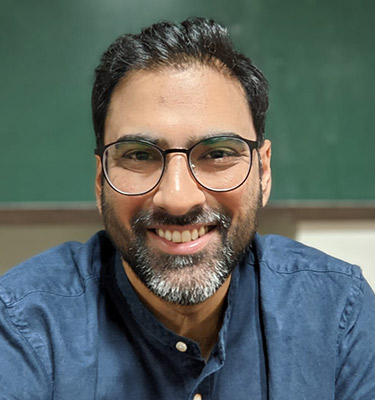

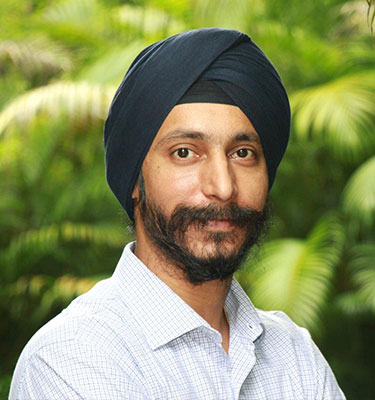
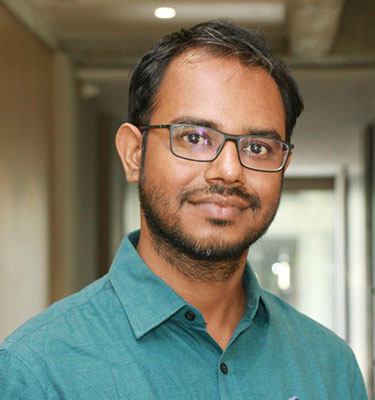
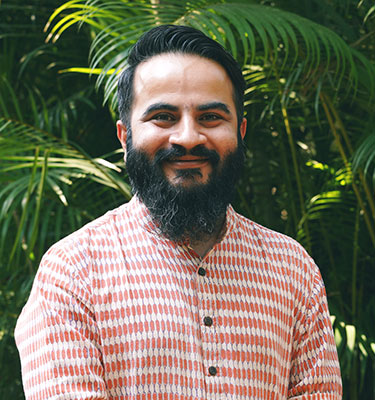
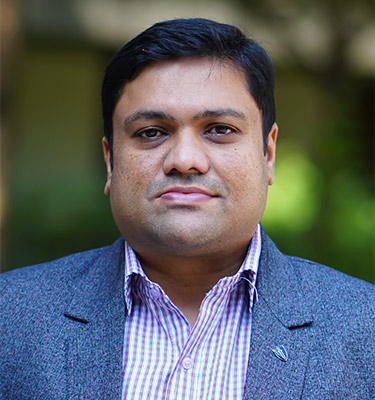
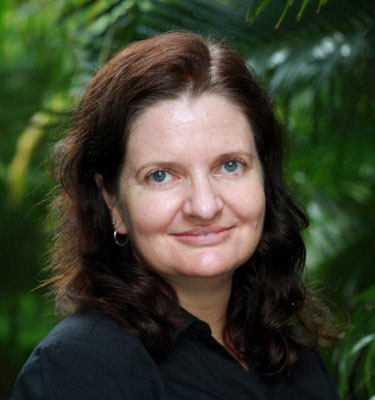
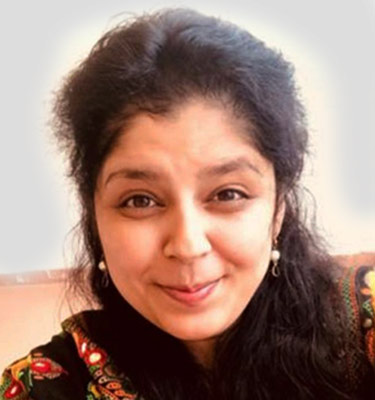
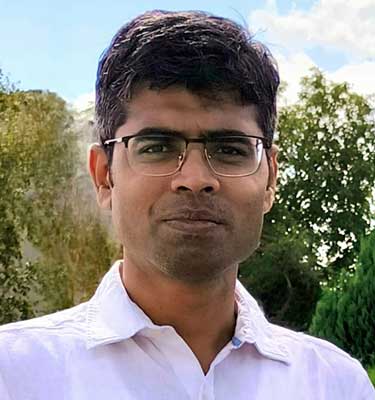
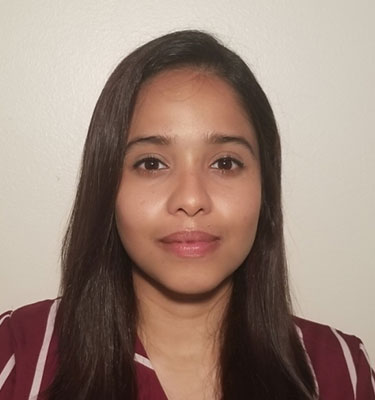
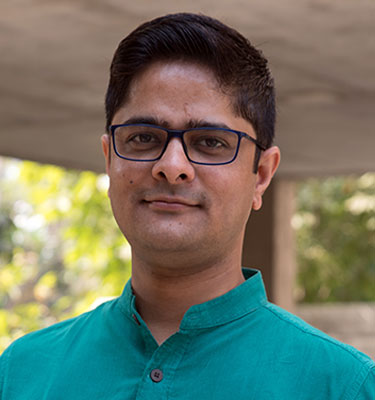
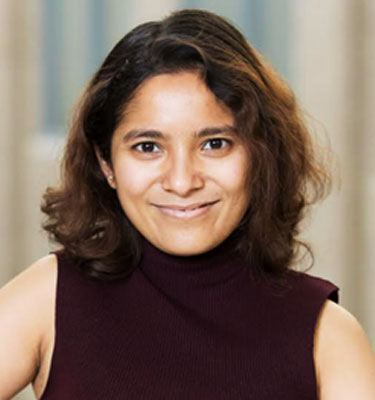
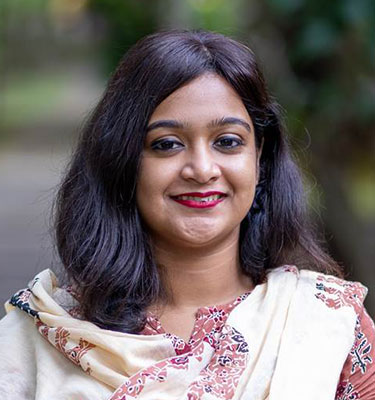
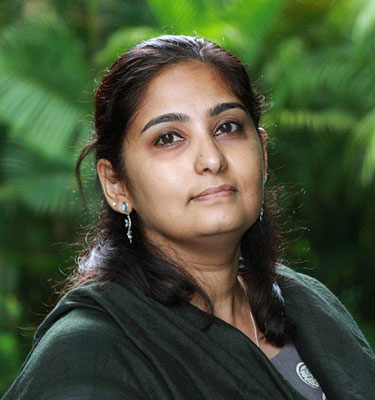
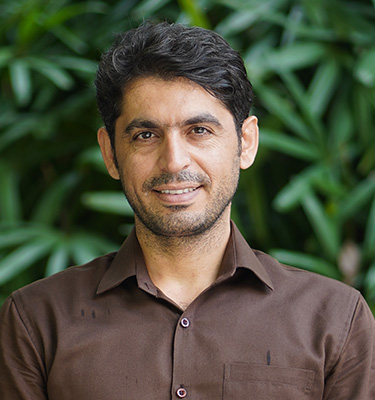
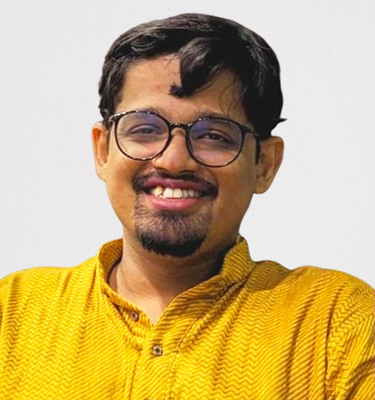
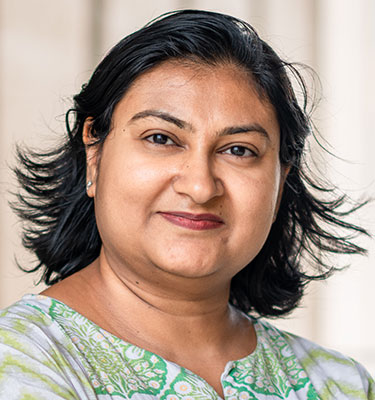
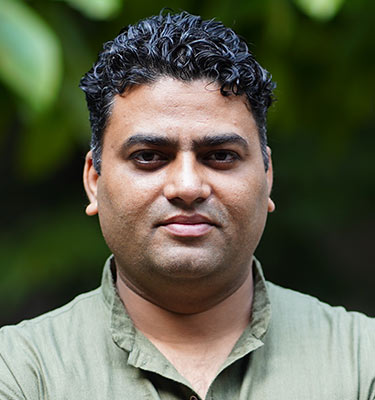
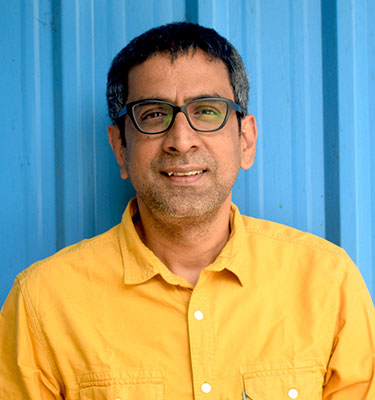


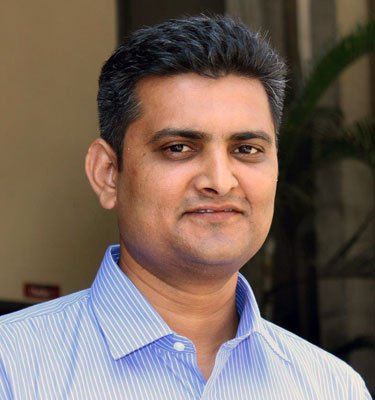
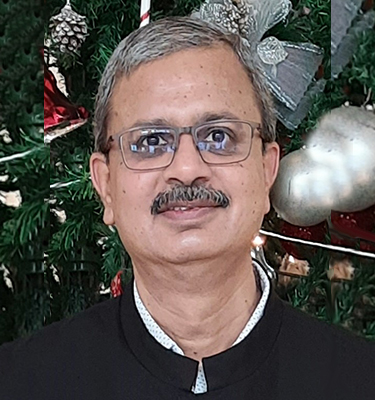
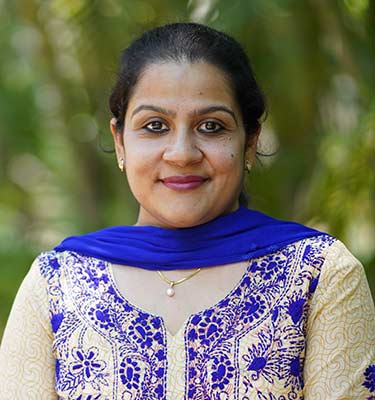
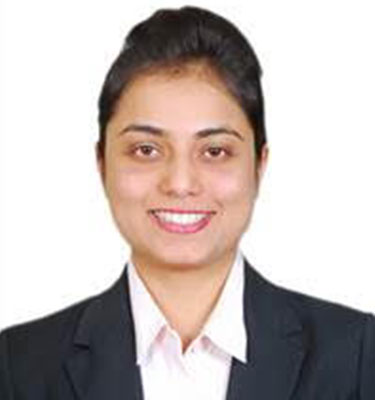
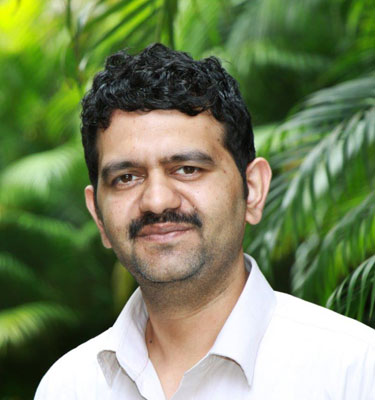
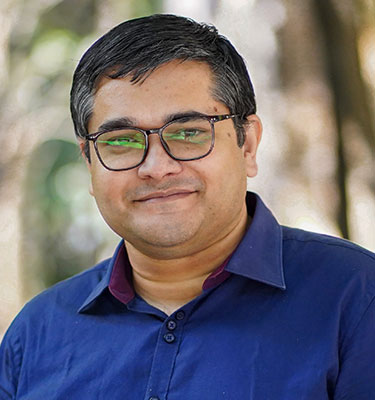


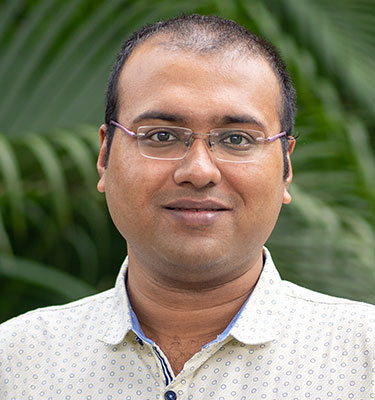
FACULTY
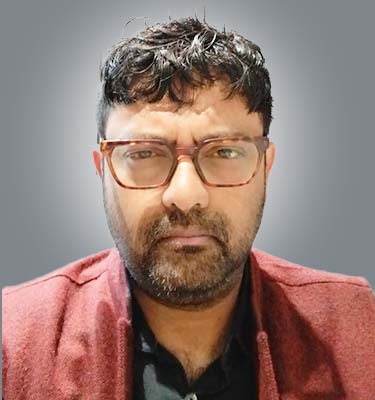
Prof. Jaideep Roy
Prof. Jaideep Roy has joined FLAME University as Distinguished Visiting Faculty. He holds a Doctorate Degree in Economics from Universidad Carlos III Madrid. He also holds a Master’s Degree in Economics from Delhi School of Economics and a Bachelor’s Degree in Economics, Mathematics and Political Science from University of Calcutta.
He has over twenty years of work experience and was associated with University of Bath, Warsaw University, Kozminski University, University of Birmingham, University of Surrey, Murdoch University and Trinity College Dublin.
His research interests are in the area of Political Economy and Public Policy, Information Theory, Game Theory, Behavioural Economics and Experimental Economics, Economic Philosophy and Development Economics, Media and Politics, Microfoundations to Macroeconomics.
Published Work
- Kantian imperatives on public goods networks (with Sambit Mohanty and Mallikarjuna Rao) – forthcoming, Journal of Economic Behavior and Organization
- Individual versus Group Morality: the role of Information (joint with Sambit Mohanty), forthcoming in Economics and Philosophy
- Electoral Monotonicity and Commercial Media (joint with Saptarshi Ghosh, Nidhi Jain, Cesar Martinelli), Economics Letters (2023)
- Institutional imperfections and buyer induced holdout in land acquisition (with Sreeparna Saha, Prabal Roy Chowdhury and Grazyna Wiejak-Roy), Journal of Institutional and Theoretical Economics (2021)
- Information versus habit: optimal lockdown for disease containment (with S. Bandyopadhyay, K. Chatterjee and K. Das) – Journal of Mathematical Economics – Special Issue on Covid19 Pandemic - Vol 93, (2021).
- Expert Captured Democracy (with A. Chakraborty
- Manufacturing Extremism: political consequences of profit-seeking media (with Kalyan Chatterjee & Siddhartha Bandyopadhyay) - International Economic Review (2020), available online
- Majoritarian preference, utilitarian welfare, and public information in Cournot oligopoly (with Randy Silvers & CJ Sun) – Games and Economic Behavior (2019), 116, pp 269-288.
- Random Settlement Arbitration and the Generalised Nash Solution: The One shot and Infinite Horizon Cases (Kang Rong and Nejat Anbarci), Economic Theory (2019), 68, pp. 21-52.
- Aid and Terrorism: a dynamic contracts approach with interlinked moral hazard (with P. Roy Chowdhury) - forthcoming – Indian Growth and Development Review
- Double Auctions with No-Loss Constrained Traders (with Nejat Anbarci) - Theory and Decision (2018), 84, p. 1-9.
- Information Control in Reputational Cheap Talk (with Saptarshi P. Ghosh and Nejat Anbarci) - Games and Economic Behavior (2017), 106, p. 153-160.
- Strategic Dissent in the Hotelling-Down model with sequential entry and private information (with S. Bandyopadhyay, K. Chatterjee and M. Bhalla), Research in Economics (2016)
- Evolution of Public Moods and Stability of Party Systems, Games and Economic Behavior (2016)
- Committees with Leaks (joint with Saptarshi Ghosh), Games and Economic Behavior (2015)
- Hotelling-Downs Competition when voters have an option to contest (joint with Marcin Dziubinski), Journal of Public Economic Theory (2013), 15(4), p. 620 – 653.
- Hotelling-Downs Model of Electoral Competition with Runoff Voting (joint with Sandro Brusco and Marcin Dziubinski), Games and Economic Behavior (2012), 74(2), p. 447-467.
- Popularity of Reinforcement-Based and Belief-Based Learning Models: An Evolutionary approach (joint with Marcin Dziubinski), Journal of Economic Dynamics and Control (2012) 36(3), p. 433- 454.
- Electoral Competition in 2-dimensional Ideology Space with Uni-dimensional Commitment (joint with M. Dziubinski), Social Choice and Welfare (2011), 36, 1, pages 1-24.
- Aggregate Uncertainty in the Citizen-Candidate Model Yields Extremist Parties (joint with Sandro Brusco), Social Choice and Welfare (2011), 36, 1, pages 83-104.
- Ill-defined versus Precise Pre-play communication in the Travellers’ Dilemma (joint with E. Dechenaux and S. Chakravarty), Southern Economic Journal (2010), 77, 2, pages 351-368.
- Public-private partnership in Microfinance: Should NGO Involvement be Restricted? (joint with P. Roy Chowdhury), Journal of Development Economics (2009), 90, 2, pages 200-208.
- A location Game on Disjoint Circles (joint with D. Datta and M. Dziubinski), International Game Theory Review (2009), 11, 4, pages 391-406.
- Recursive Expected Utility and the separation of attitudes towards risk and ambiguity: an experimental study (joint with S. Chakraborty), Theory and Decision (2009), 66, pp. 199 -228.
- Punishment Path and Cartel size (joint with R. Rothschild), Research in Economics, 2007, vol. 61(4), pages 218-223.
- The Tenancy Ladder Revisited, The Indian Economic Journal, 2007, 54(4), pages 74-88
- When Aspiring and Rational Agents strive to Coordinate, International Game Theory Review, (2007), 9, 3, pp. 461-475.
- Learning in Games with Bounded Memory, Control and Cybernetics, 2006, vol. 35, No.2.25.
- When scrutiny reduces signaling incentives, (joint with D. Datta), Arthaniti, 2003, Vol. II, Nos.1-2.
- When Vagueness Induces Indirect Competition: Strategic Incompleteness of Contracts, (joint with K. Serfes), Economic Theory, 2002, 20-3, pages 603-621.
- Inter- temporal Discounting and Tenurial Contracts, (joint with K. Serfes), Journal ofDevelopment Economics (2001), 64, pages 417-436.

